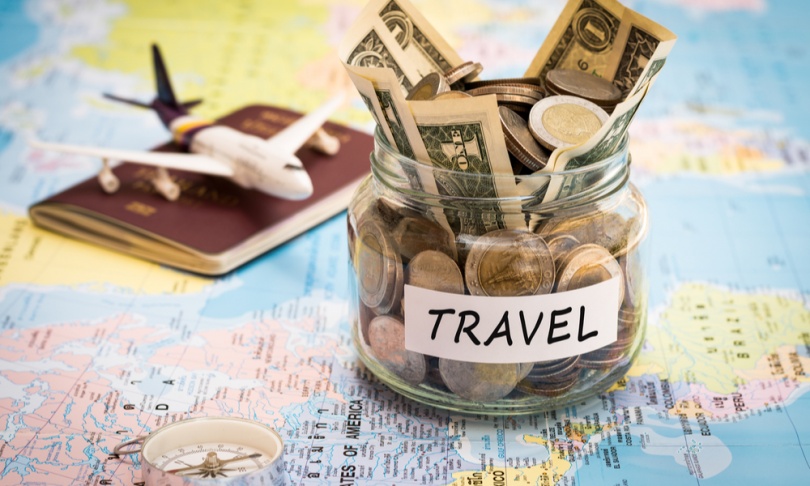Almost everyone likes to travel. There is a lot of the world out there for us to see, and plenty of adventure to be had. Traveling broadens our horizons, literally as well as figuratively, by exposing us to different cultures and points of view while also giving us unique life experiences. It’s an all-around wonderful thing but can get pretty pricy pretty fast. With that in mind, there are certainly ways to mitigate costs and maximize benefits.

Simple Accounting and Investment
Bookkeeping and accounting can be very difficult. It involves meticulous record-keeping, complex mathematics, requires intense organizational skills, as well as a very specific skill set. By tracking data relevant to your financial portfolio with a calculator for dividends, you can plot out your path far more specifically. Dividend calculators will also enable you to track the values of various portions of your stock portfolio at a glance, which is crucial information if you’re planning to travel on a budget.
By using organizational tools like a dividend calculator and keeping an eye on your financial portfolio, you can still trade stocks effectively from anywhere in the world. It’s one of the biggest benefits of our now inextricably interconnected world.
Income on the Go
Another way to finance and save for traveling is by, quite literally, working your way across the world. There are many such options these days. Positions teaching English as a second language are very common the world over, and much of that work can be done remotely as well. With the prevalence of the gig economy, there are opportunities to make a little extra cash pretty much everywhere you look. Taking advantage of these sorts of “odd jobs” and maintaining at least some kind of revenue stream while traveling will greatly reduce any stress about potential financial hardship while also just padding your pocketbook in general.
The job itself doesn’t necessarily need to include travel either. With the pandemic still raging on, remote work has become a necessity for so many of us. It may sound a little silly and perhaps even redundant, but bringing a laptop from which you can maintain a work schedule and acceptable output level is a great way to ensure that your travel plans and finances are in perfect economic harmony.
Flexibility and Tempered Expectations
Everyone wants their vacations to be perfect. That is totally natural, however, reality often takes a more grounded stance. Flying long distances can be prohibitively expensive, particularly if you’re bringing lots of luggage or companions. Traveling by ground, however, is often makes for a more economically viable alternative.
Uber, Lyft, taxi cabs, and even horse-drawn carriages all cost quite a bit of money. It doesn’t take long for those costs to begin eating into your actual vacation fund. By utilizing long bus rides or even carpooling, not only are you saving yourself money, but you’re also exposing yourself to a side of the country less scene by the public. It may not be quite as glamorous as having a personal chauffeur for your entire vacation, but learning to bend with the winds of change will make your traveling experience all the greater for it.
Research and Planning
So while the ability to bend with the wind and go with the flow is inherently important when traveling, the value of a good plan can never be understated. It’s important to not only be able to control our own expectations but to also have real ones. Having realistic expectations does involve a certain amount of work, but it’s also our due diligence as guests in foreign lands. By studying the cultures one intends to visit, we can help lower the odds of making some kind of social faux pas while guaranteeing that we respect the cultural norms of a given area.
Research doesn’t necessarily begin and end with culture, though. Plotting out and checking alternate lodgings can help mitigate any potential double booking disasters. It also gives you advanced notice of a particular establishment’s rules and costs.
Traveling is really a sort of teaching experience. It teaches us about different cultures, about people of different backgrounds, different languages, but above all, it teaches us about ourselves. It gives us a lens with which we can view ourselves from a different, and perhaps even elevated or enlightened, perspective.


